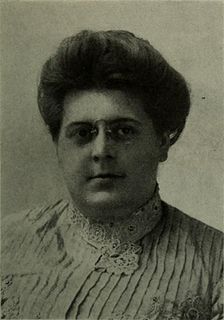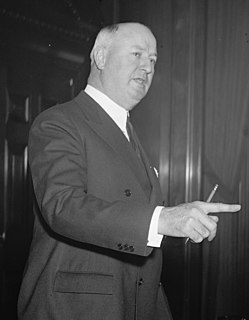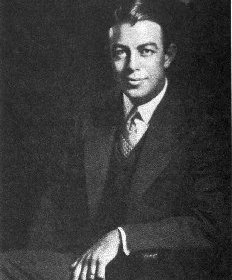A Quote by Friedrich Nietzsche
Even the pluckiest among us has but seldom the courage of what he really knows.
Related Quotes
In face of this modern nihilism, Christians are often lacking in courage. We tend to give the impression that we will hold on to the outward forms whatever happens, even if God really is not there. But the opposite ought to be true of us, so that people can see that we demand the truth of what is there and that we are not dealing merely with platitudes. In other words, it should be understood that we take this question of truth and personality so seriously that if God were not there we would be among the first of those who had the courage to step out of the queue.
The heart's seasons seldom coincide with the calendar. Who among us has not been made desolate beyond all words upon some golden day when the little creatures of the air and meadow were life incarnate, from sheer joy of living? Who among us has not come home, singing, when the streets were almost impassable with snow, or met a friend with a happy, smiling face, in the midst of a pouring rain?
A decline in courage may be the most striking feature that an outside observer notices in the West today. The Western world has lost its civic courage . . . . Such a decline in courage is particularly noticeable among the ruling and intellectual elite, causing an impression of a loss of courage by the entire society.
In our blessed and mostly peaceful society we're not as familiar with courage as we once were. We ascribe the virtue to all manner of endeavors that only really require skill, fortitude and a little daring, the qualities Pat Tillman showed on the football field. Pat's best service to his country was to remind us all what courage really looks like, and that the purpose of all good courage is love.
The world that is coming toward us out of time is going to be very much richer in a mental sense because (among other freedoms) we are going to get a modicum of freedom from linguistic frameworks, from familiar mental habits. Anyone who really knows two or more tongues realizes that even that small enlargement of liberty . . . gives him new perspectives, exercizes his soul anew.
Even Johannes Kepler, Isaac Newton, Charles Darwin, Gregor Mendel, and Albert Einstein made serious mistakes. But the scientific enterprise arranges things so that teamwork prevails: What one of us, even the most brilliant among us, misses, another of us, even someone much less celebrated and capable, may detect and rectify.
Courage has become Raiders of the Lost Ark, or riding in spaceships, killing people, taking enormous physical risks. To me, the kind of courage that's really interesting is someone whose spouse has Alzheimer's and yet manages to wake up every morning and be cheerful with that person and respectful of that person and find things to enjoy even though their day is very, very difficult. That kind of courage is really undervalued in our culture.









































